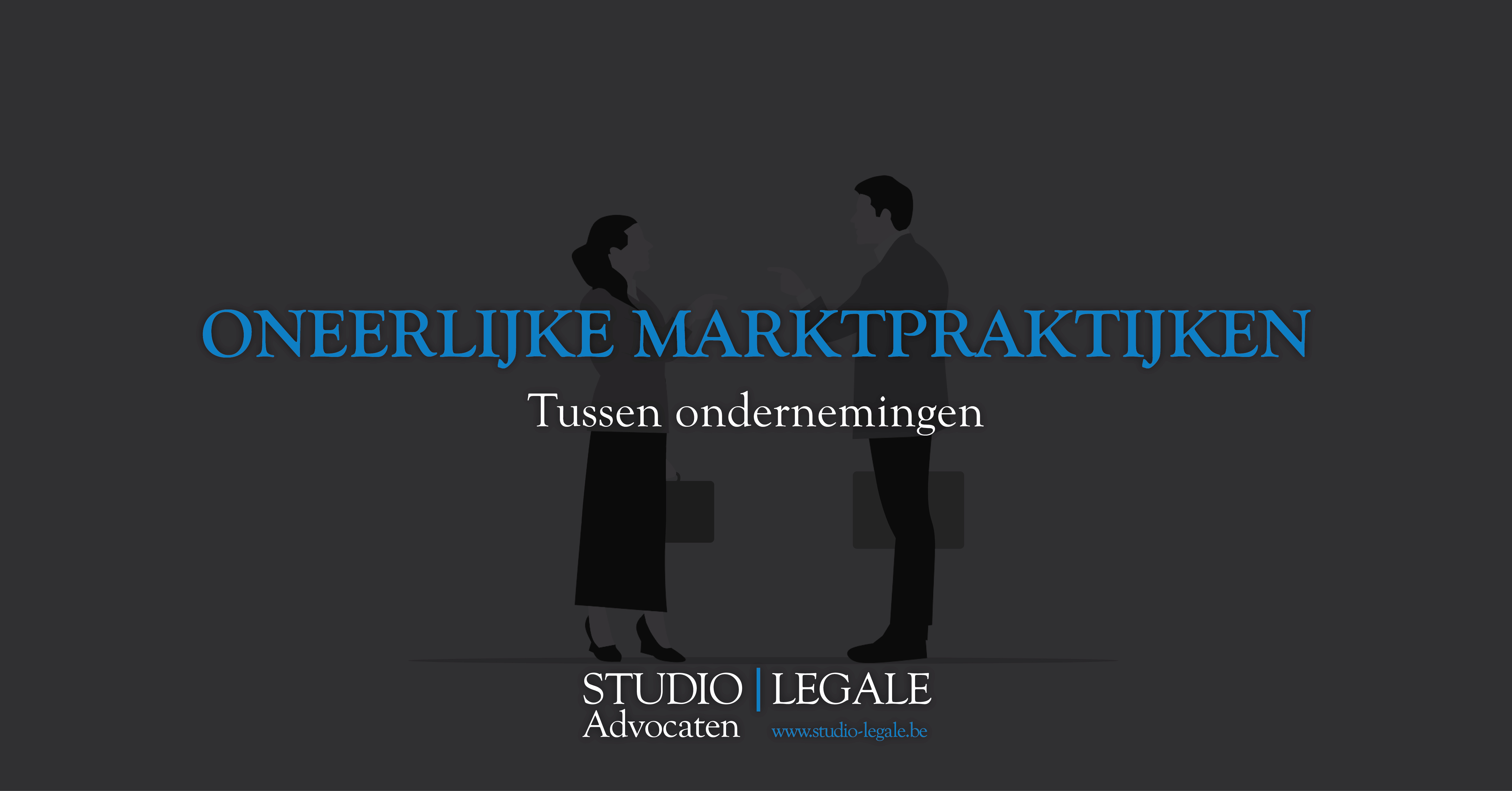Eight months into 2025, it is an opportune moment to reflect on Code Buysse IV, which was presented in Antwerp at the end of 2024. After eight months of implementation, this revised code has proven to be a valuable framework for non-listed Belgian companies seeking to optimize their governance in an increasingly complex business environment.
What is Code Buysse IV?
Code Buysse IV constitutes a series of guidelines for good corporate governance specifically targeted at non-listed Belgian companies. Although the Code does not constitute binding legislation but rather “soft law,” its implementation may have significant legal implications. In disputes, Belgian courts may consider the extent to which a company has adhered to the recommendations when assessing whether directors have fulfilled their duties of care and diligence.
Companies that systematically apply the principles of the Code may rely on this as evidence of good corporate governance, which can serve as a positive factor in potential director and officer liability matters. Code Buysse IV is not a rigid prescription but rather a flexible framework that companies can apply at their own discretion.
The Code encourages companies to develop a competency matrix for their board of directors, enabling them to systematically determine which expertise and perspectives are still lacking. A key characteristic of the Code is that it applies to both small and large enterprises. The guidelines are formulated in such a way that every organization, regardless of its size, can derive valuable guidance to strengthen its future prospects.
The new Code primarily focuses on:
- Belgian companies without stock exchange listing;
- Enterprises where shares are not publicly traded;
- Organizations that voluntarily wish to optimize their governance practices;
- Family businesses that require structure in familial governance;
- Companies that wish to integrate sustainability and social responsibility into their strategy.
Key Innovations in Code Buysse IV
Now that Code Buysse IV has been in effect for eight months, it is an appropriate time to review the key innovations once more. These innovations address contemporary challenges in the business environment:
| Innovation | Explanation |
| 1. Enhanced emphasis on diversity | The Code encourages companies to attract directors with diverse backgrounds, areas of expertise, ages, and gender perspectives. This heterogeneity promotes richer decision-making and a broader strategic vision. |
| 2. Critical approach to mandate accumulation | The Code advocates for limiting the number of directorships per individual, ensuring that directors can truly immerse themselves in the specific context and challenges of each company. |
| 3. Integration of sustainability principles | Companies are encouraged to structurally embed environmental, social, and governance aspects (ESG) in their strategic planning and operational decision-making. |
| 4. Comprehensive guidelines for familial governance | For family businesses, the Code introduces more detailed recommendations regarding familial governance, emphasizing the formalization of agreements through a family charter and the establishment of a family forum. |
| 5. Enhanced risk management | Increased attention to systematic risk management, with encouragement to develop a structured risk policy and implement adequate internal control mechanisms. |
| 6. Active involvement of shareholders | Shareholders are encouraged to formulate a clear vision regarding their ownership and communicate this to the board of directors. |
| 7. Focus on strategic long-term planning | Directors are encouraged to look beyond short-term results and invest in sustainable value creation. |
| 8. Balance between management and supervision | The Code recognizes the importance of effective information exchange between daily management and the board of directors, recommending that, in addition to joint meetings, periodic board meetings be organized without the presence of operational management. |
| 9. Innovative observational internships | A novel concept whereby potential future directors can participate as observers in board meetings, facilitating knowledge transfer and preparing new generations of directors. |
Conclusion
Code Buysse IV represents an evolution in governance standards for non-listed Belgian companies. The revised directive reflects contemporary insights into effective corporate governance, with particular attention to diversity, sustainability, risk management, and long-term planning.
Although compliance remains voluntary, the Code offers a valuable framework for companies striving for excellence in their governance practices. By implementing the recommendations, companies can strengthen their decision-making processes, enhance their resilience, and promote sustainable value creation.
Code Buysse IV thus constitutes an essential instrument for Belgian companies seeking to optimize their governance in an increasingly complex and demanding business environment.
Should you have any questions after reading this article, please do not hesitate to contact us via [email protected] or 03 216 70 70.







